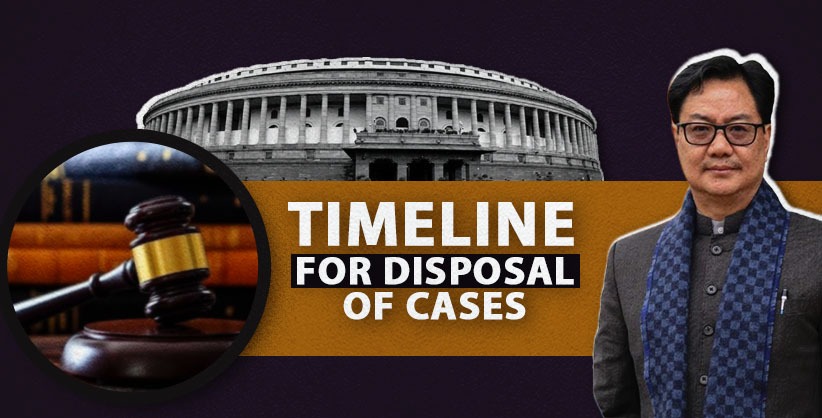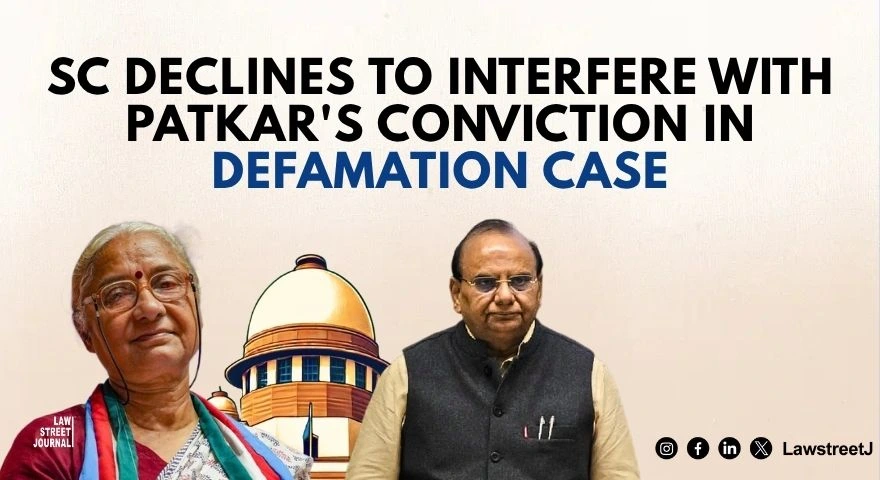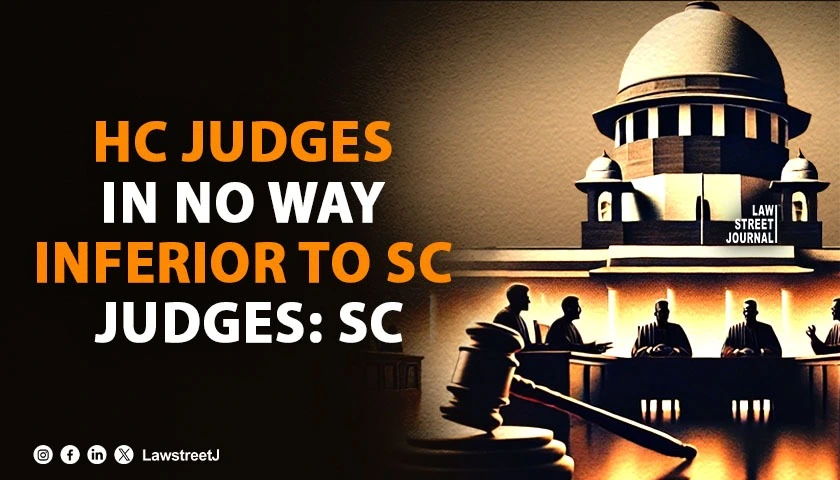NEW DELHI: Maintaining that disposal of pending cases in courts lies within the domain of the judiciary, the Union government has said it has got no direct role in this regard and no specific timeline can be provided for adjudication of a case.
However, the government has taken several intiatives to provide for ecosystem for quick disposal of cases.
"The delay in disposal is a multi-faceted problem. With an increase in the population of the country and awareness among the public about their rights, filing of fresh cases is also increasing by leaps and bounds, year after year. Each case is distinct and variable in nature, therefore, no specific timelines can be determined concerning disposal of cases," Law Minister Kiren Rijiju informed the Lok Sabha.
In a written reply, the minister said myriad factors come into play in deciding the disposal of cases in
courts which, inter-alia, include availability of adequate number of judges and judicial officers, supporting court staff and physical infrastructure, complexity of facts involved, nature of evidence, co-operation of stake holders viz bar, investigation agencies, witnesses and litigants and proper application of rules and procedures.
"There are several factors which may lead to delay in disposal of cases. These, inter-alia, include vacancies of judges, frequent adjournments and lack of adequate arrangement to monitor, track and bunch cases for hearing," he said.
In a written reply to MP Ashok Kumar Rawat, the Minister said as per the inputs obtained from the Supreme Court, multi-pronged endeavours are being launched to reduce pendency of cases in the near future.
In the summer vacations, two division benches were constituted throughout and even old regular hearing matters were disposed off. Lately, special benches have been constituted to dispose of matters relating to Labour disputes, Motor Accidents Claims Tribunal (MACT) Compensation, Direct taxes, Indirect taxes and old Criminal appeals. A special drive is
presently on to dispose of all old bail matters and Transfer petitions, at the earliest, he added.
However, at the same time, the Minister said though the disposal of pending cases in courts is within the exclusive domain of the judiciary, the central government is fully committed to speedy disposal of cases in accordance with Article 21 of the Constitution and reducing pendency.
The government has taken several initiatives to provide an ecosystem for faster disposal of cases by the judiciary by adopting to the practical realities in the society and localising and simplifying the litigant centric justice delivery system in their jurisdiction, he said.
The National Mission for Justice Delivery and Legal Reforms was set up in August, 2011 with the twin objectives of increasing access by reducing delays and arrears in the system and enhancing accountability through structural changes and by setting performance standards and capacities. The Mission has been pursuing a coordinated approach for phased liquidation of arrears and pendency in judicial administration, which, inter-alia, involves better infrastructure for courts, including computerization, an increase in strength of subordinate judiciary, policy and legislative measures in the areas prone to excessive litigation, re-engineering of court procedure for quick disposal of cases and emphasis on human resource development, Rijiju informed.
The minister also provided data for pendency and disposal of cases.









